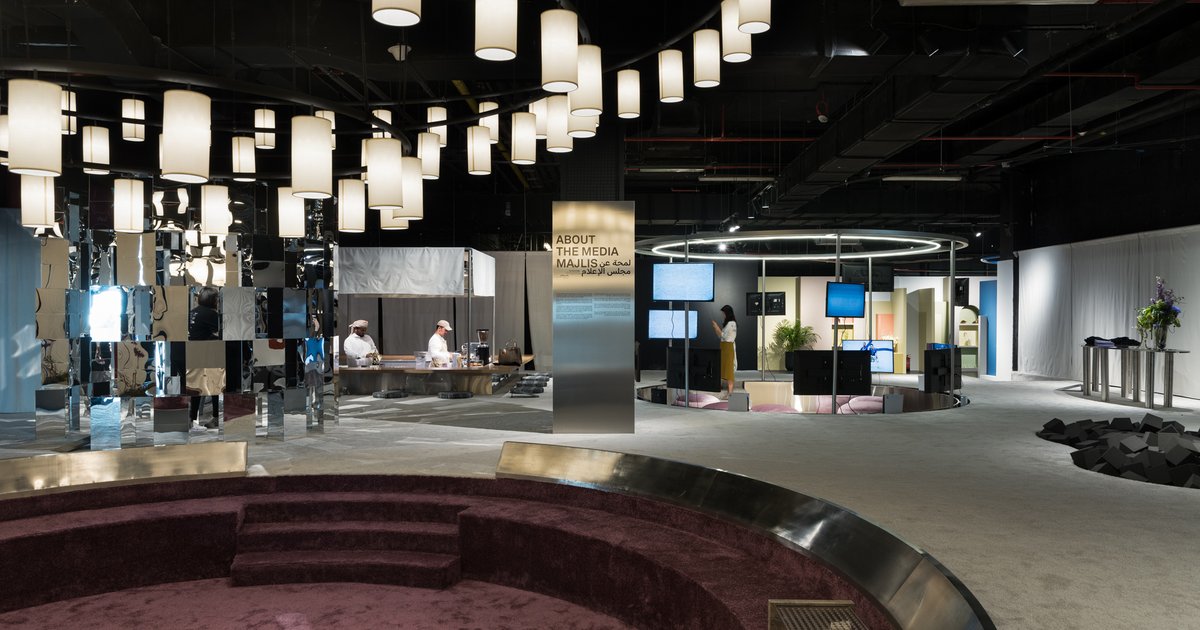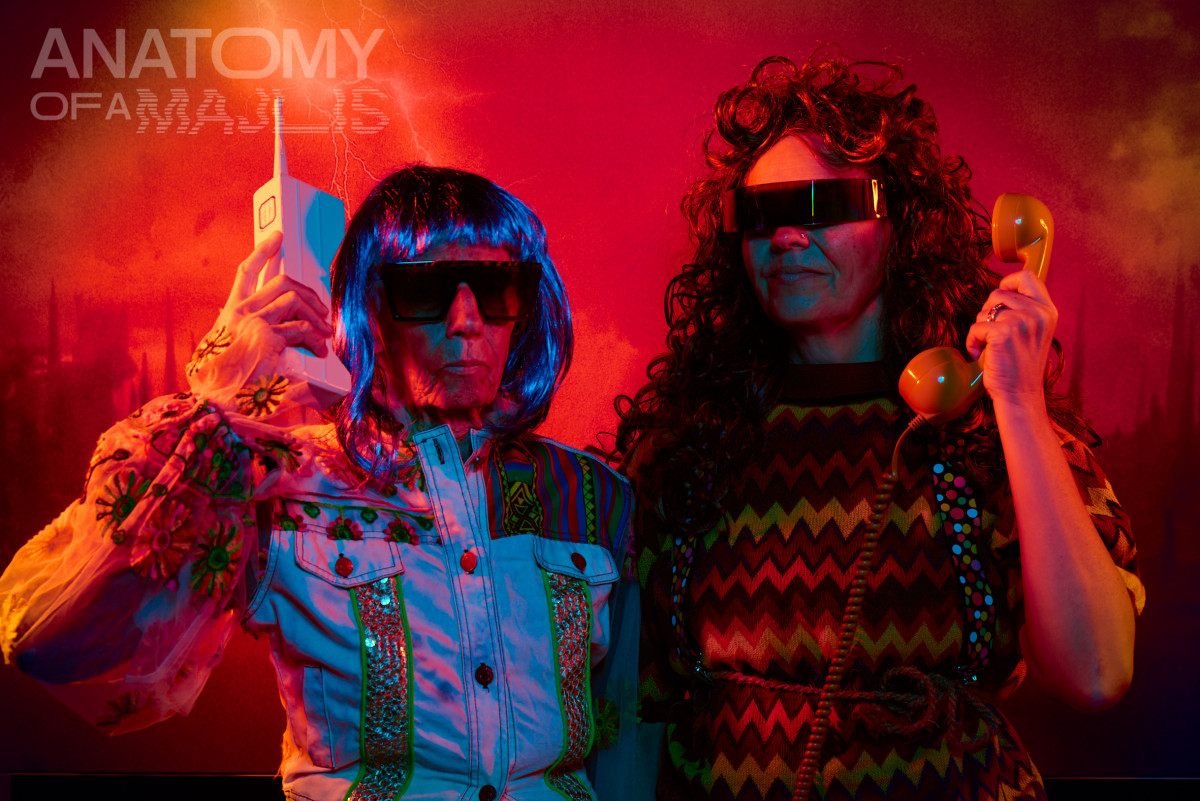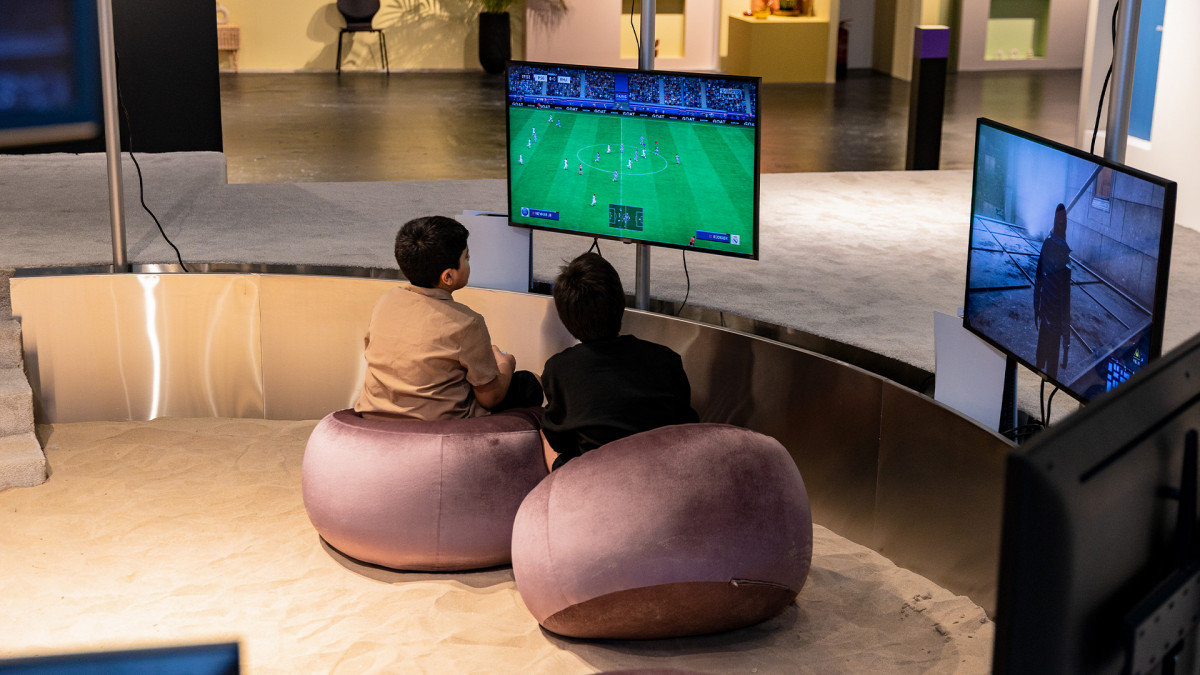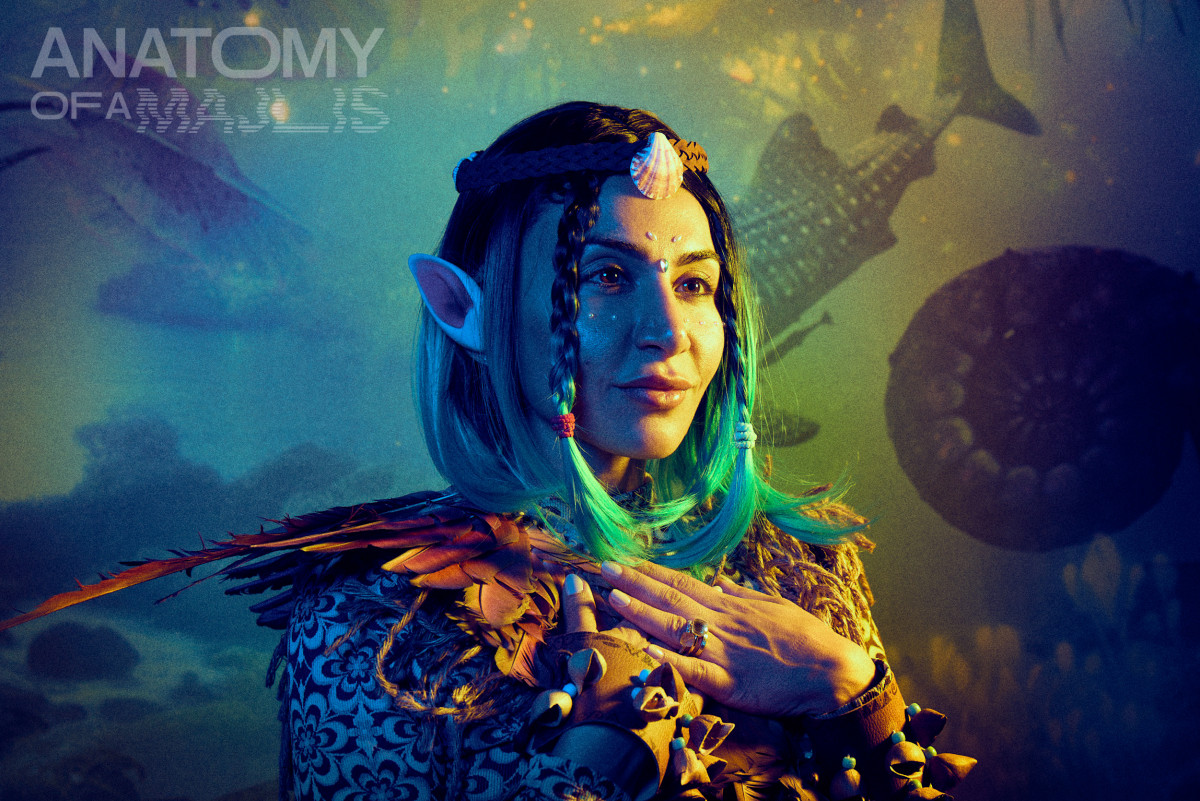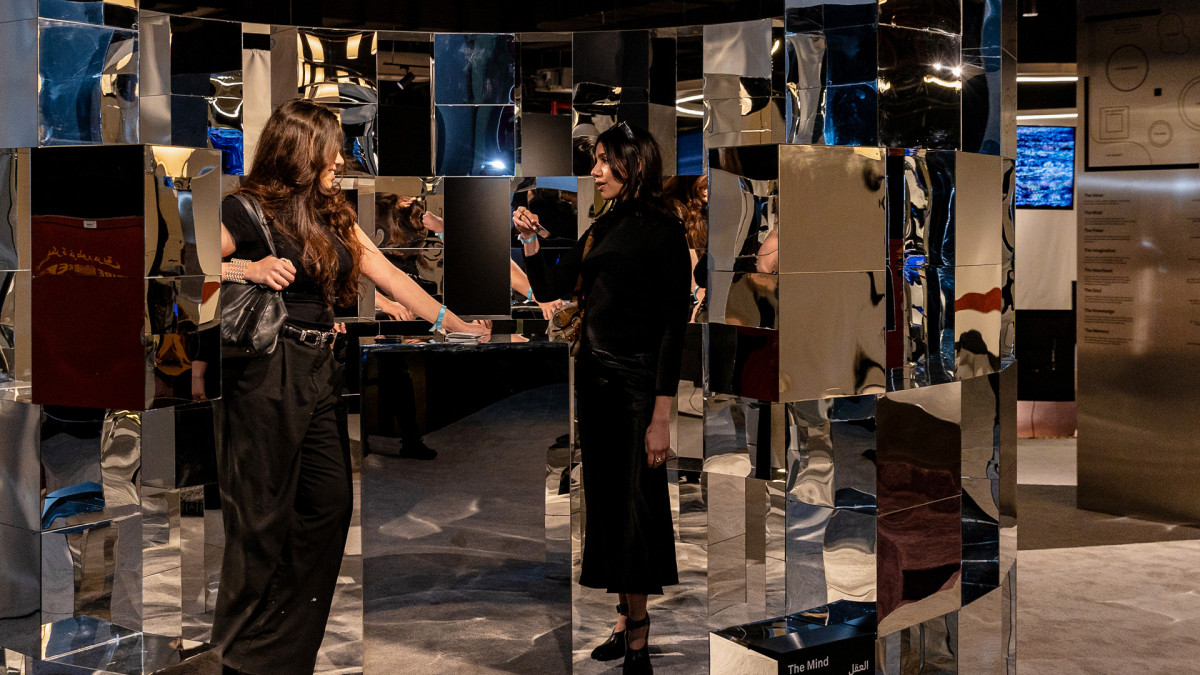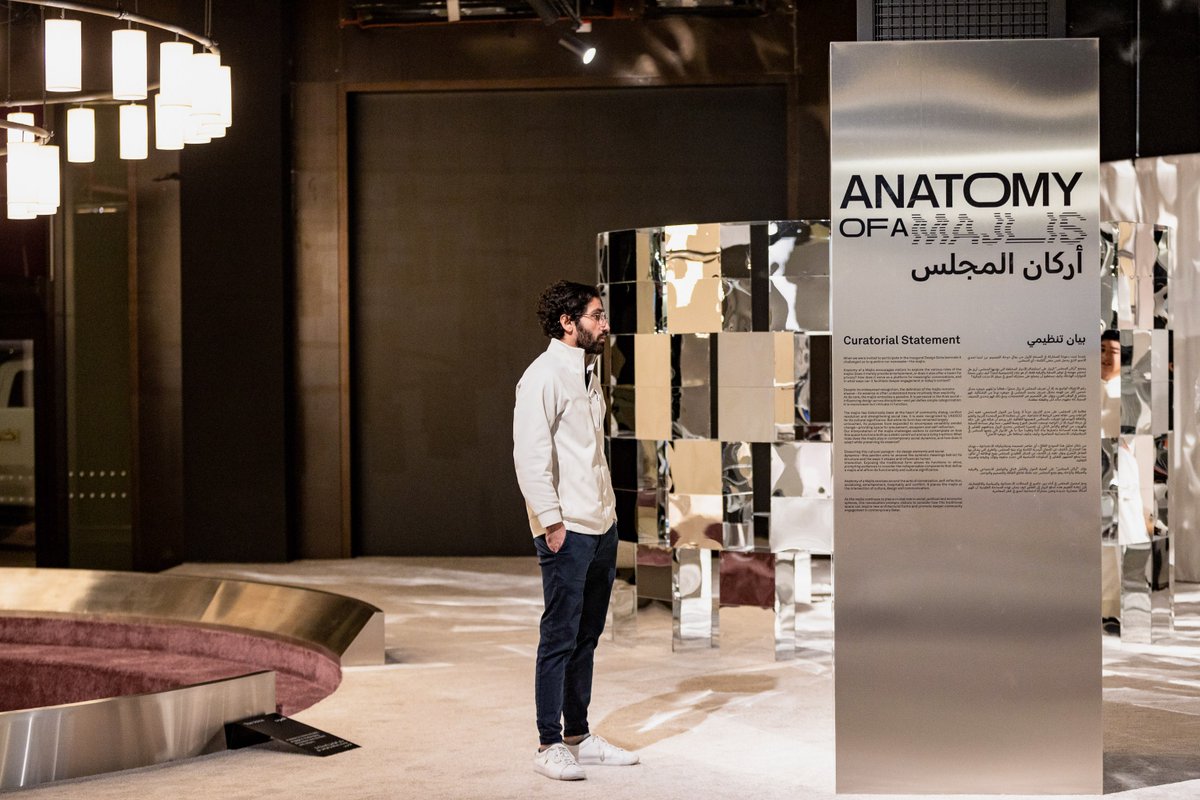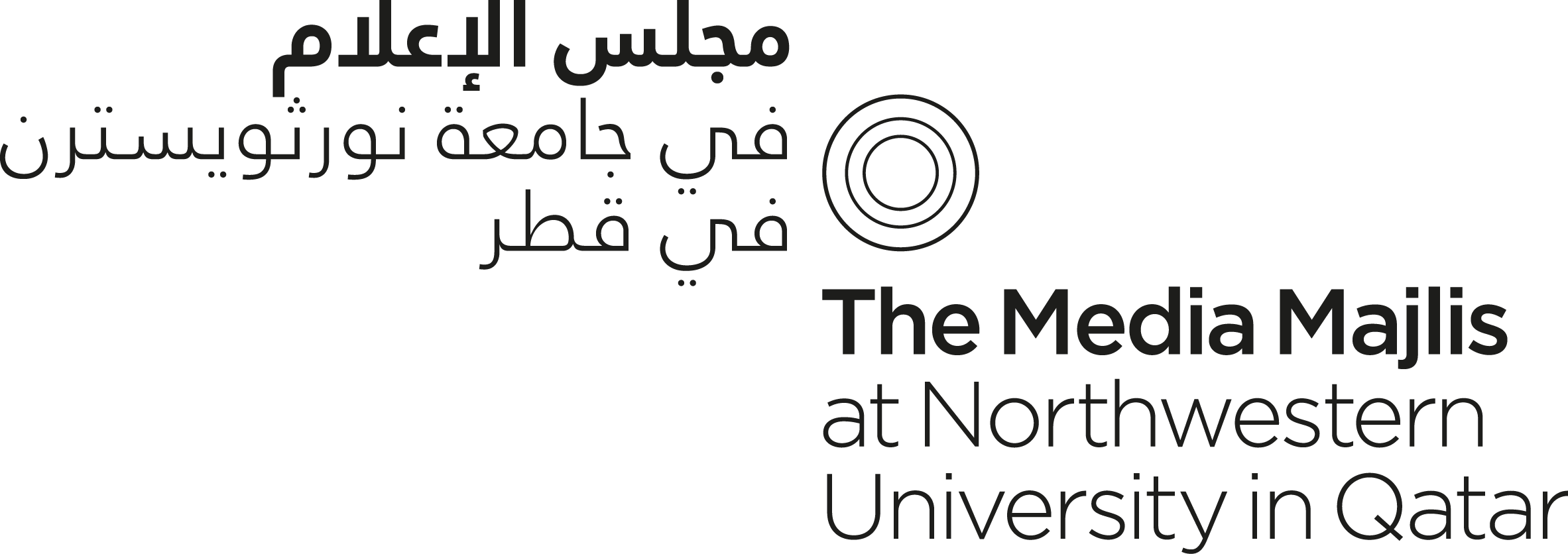
When we were invited to participate in the inaugural Design Doha biennale it challenged us to question our namesake—the majlis. Anatomy of a Majlis encourages visitors to explore the various roles of the majlis: Does it merely provide entertainment, or does it also offer a haven for privacy? How does it serve as a platform for meaningful conversations, and in what ways can it facilitate deeper engagement in today's context?
Despite its widespread recognition, the definition of the majlis remains elusive—its essence is often understood more intuitively than explicitly. At its core, the majlis embodies a paradox. It is pervasive in the Arab world—influencing design across disciplines—and yet defies simple categorization. It is mainstream but intricate in function.
The majlis has historically been at the heart of community dialog, conflict resolution and strengthening social ties. It is even recognized by UNESCO for its cultural significance. But while its form has remained largely untouched, its purposes have expanded to encompass versatility amidst change—providing space for amusement, escapism and self-reflection.
Our interpretation of the majlis challenges visitors to contemplate on how this space functions both as a static construct and as a living tradition: What roles does the majlis play in contemporary social dynamics, and how does it adapt while preserving its essence?
Dissecting this cultural paragon—its design elements and social dynamics—this pavilion aims to uncover the symbolic meanings behind its structure and the ways it shapes and influences human interaction. Exposing the traditional form allows its functions to shine, prompting audiences to consider the indispensable components that define a majlis and affirm its functionality and cultural significance.
Anatomy of a Majlis revolves around the acts of conversation, self-reflection, socializing, entertainment, hospitality and comfort. It places the majlis at the intersection of culture, design and communication.
As the majlis continues to play a crucial role in social, political and economic spheres, this reevaluation prompts visitors to consider how this traditional space can inspire new architectural forms and promote deeper community engagement in contemporary Qatar.


